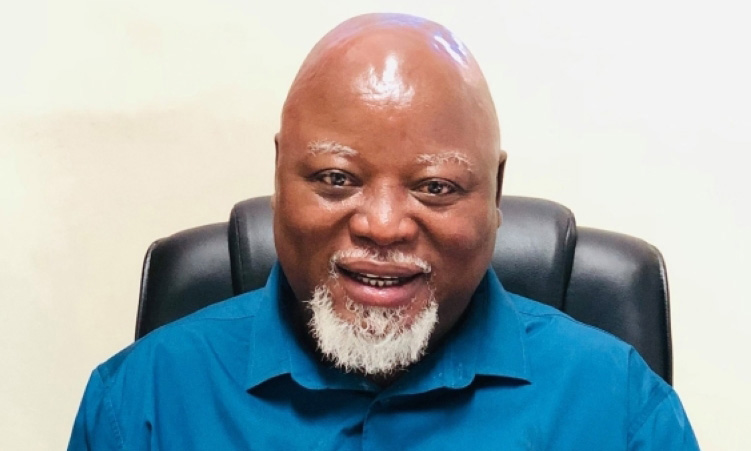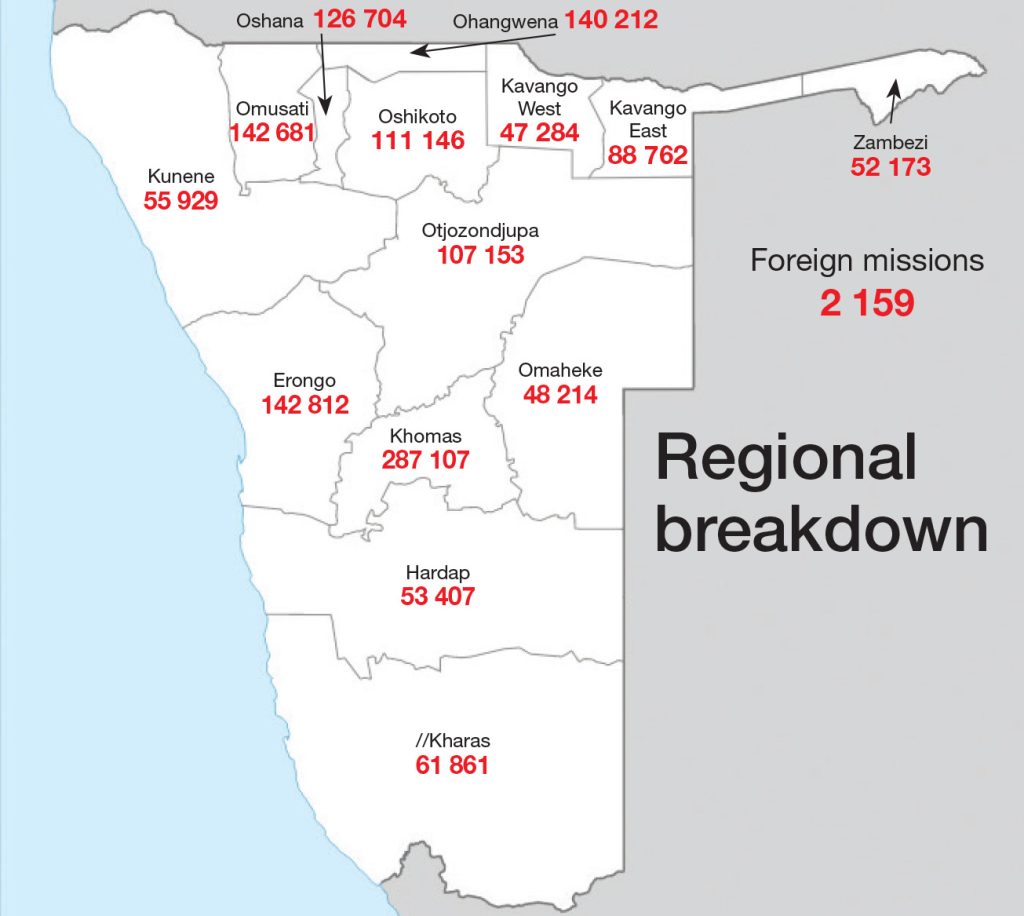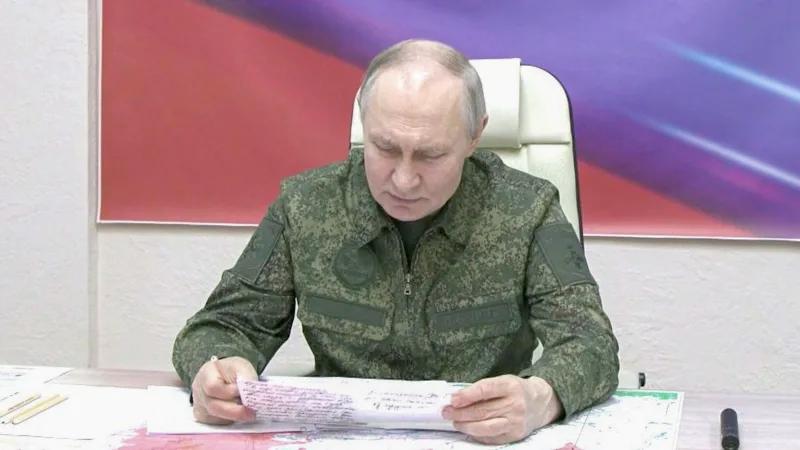Namibians are praised after 91% of eligible voters in the country registered to vote in this year’s presidential and National Assembly elections.
Electoral Commission of Namibia (ECN) chief electoral officer Peter Shaama on Friday said 1 467 604 voters have been registered in the country and at all diplomatic missions abroad.
The general voter registration period ended on 1 August.
YOUTH, NEW VOTERS
Political analyst Ndumba Kamwanyah says the turnout of 91% indicates a significant level of civic engagement and awareness among the population.
“It seems youth and new eligible voters are the huge push factor behind this impressive voter registration, suggesting a strong desire for change. This high turnout could also mean people are eager for change in these elections,” he says.
He says the ECN now has a big task ahead of translating the impressive voter registration rate into actual poll turnout.
“Ensuring that this enthusiasm is maintained up to election day will be crucial for a strong voter turnout,” Kamwanyah says.
Earlier this month, the Namibia Statistics Agency said about 1,6 million Namibians are eligible to vote in the upcoming elections.

MORE WOMEN THAN MEN REGISTER
Of these, over 763 700 are men and 852 100 are women.
The Oshana and Kunene regions have both registered 97%, while the Kavango West region has the lowest turnout of 83%.
In 2019, the ECN registered 1 358 468 voters, of which 820 227 cast their votes – showing a 60,4% turnout.
Political analyst Johannes Coetzee says the high registration rate is a positive sign for democracy.
“The interesting thing will now be to watch the gap between those who have registered and those who actually turn up to vote. It will be more interesting to analyse the reasons for such a gap,” he says.
“91% is a good and a fair representation of an attempt done by the ECN, for which they have to be congratulated,” he says.
He says political parties need to engage in presidential debates and launch manifestos.
VOTERS’ ROLL
Meanwhile, Shaama said the commission will begin demobilising registration teams, both locally and internationally and return all registration materials and equipment.
“This will be followed by uploading the registration data to the central server and the commencement of the Automatic Fingerprint Identification System (AFIS) process, data segregation and the production of the Provisional Voters’ Register (PVR),” he said.
“The collective efforts of our stakeholders in supporting and enhancing the commission’s communication drive and strategy to have eligible voters registered are invaluable,” said Shaama.
Landless People’s Movement (LPM) spokesperson Lifalaza Simataa says Namibia has produced a strong showing when it comes to registered voters.
“The trend to be concerned over is the votes cast . . . getting the 1,4 million registered Namibians to vote,” he says.
Simataa says more needs to be done with regards to voters’ education and understanding of the country’s voting system.
“We believe the ECN has been performing lacklustre when it comes to civic education,” he says.

‘TAKING DUTY SERIOUSLY’
United Democratic Front (UDF) spokesperson Mabasen Narib says the turnout shows that a large part of eligible voters are taking their civic duty seriously.
“It’s good that Namibians have decided to partake in the democratic process to elect their leaders,” he says.
Narib says his party took it upon itself to encourage its members and the general public to register to vote.
“The efforts of the ECN were thus complemented by our registration mobilisation campaigns,” he says.
Narib urges political parties and various stakeholders to continue sensitising eligible voters on the importance of voting.
“Vital information has to be shared on time, such as the polling stations. People in rural areas are most often disadvantaged as they only get mobile polling stations.
“Thus the number of mobile polling stations should also be increased to service rural areas at a faster pace,” he says.
He says the ECN should increase the number of polling stations to avoid long lines.
“This also discourages people from voting. In the past the voting process was often delayed by technical issues and this also turns potential voters away,” he says.
Swapo Party Youth League (SPYL) spokesperson Moses Shikerete describes the registration turnout as successful.
‘NO THREATS, INTIMIDATION’
“Remember the target of the ECN was 1,6 million eligible voters to be registered. However, the current scoreboard shows the ECN has achieved over 91% of the targeted population, this means as a country we’ve done very well in terms of voter registration awareness,” he says.
Shikerete says it is commendable that the commission has reached out to people in the comfort of their localities.
“Namibia is a peace-loving nation and many of our people value that process of participating in the democratic process that constitutes the government. We are also happy that there are no reports of threats or intimidation faced by our people across the country,” he said..
Popular Democratic Movement (PDM) leader McHenry Venaani says: “Voter education was very serious. Parties also did their job, especially our party and many other parties did a lot of work,” he says.
“We must send those 91% populace to the polls,” he says.
Venaani thanks Namibians for having participated effectively in their civic duty to register.
“It’s something very commendable. It shows people want to see real alternatives and real change in the country.”
Stay informed with The Namibian – your source for credible journalism. Get in-depth reporting and opinions for
only N$85 a month. Invest in journalism, invest in democracy –
Subscribe Now!










